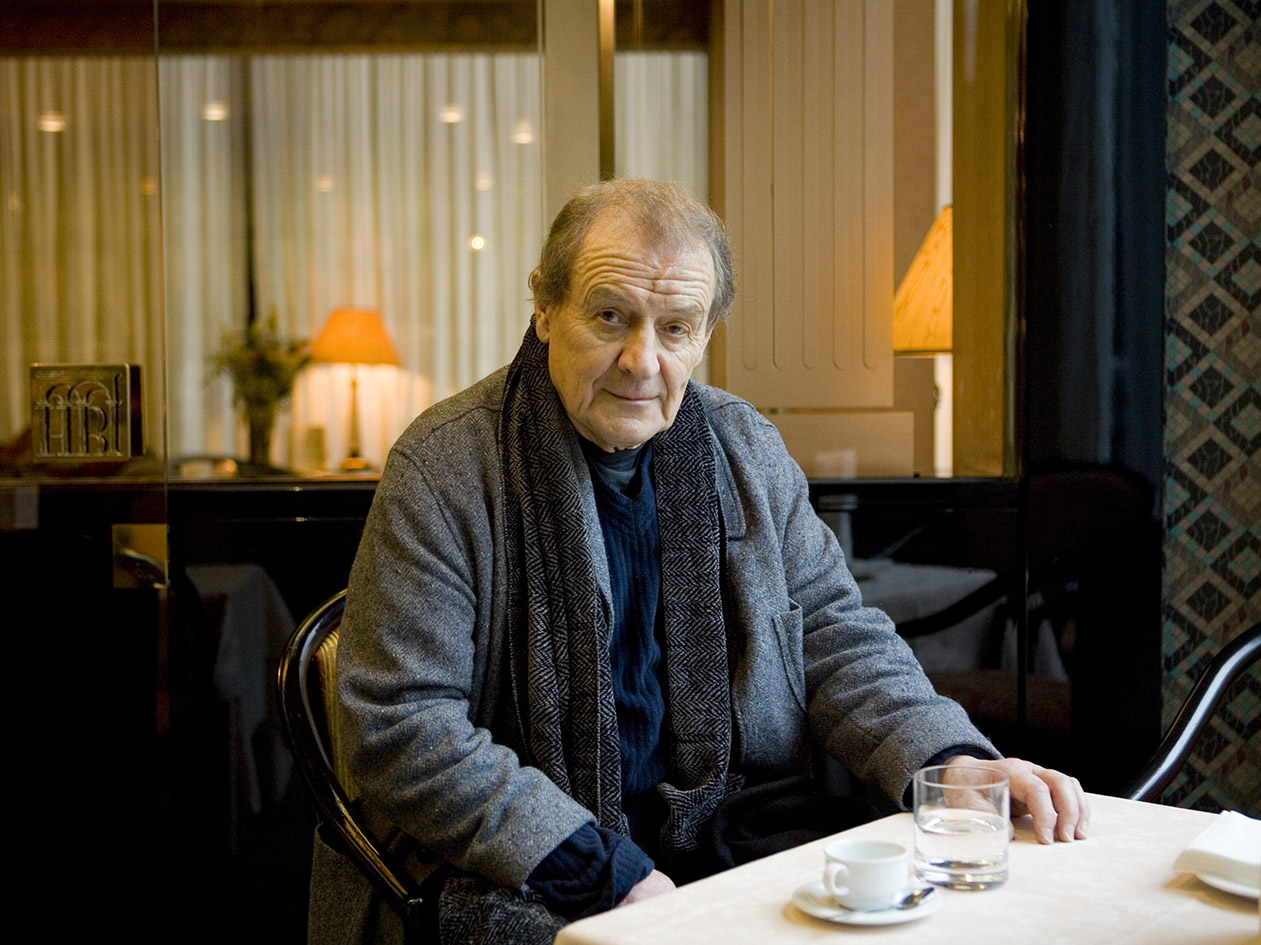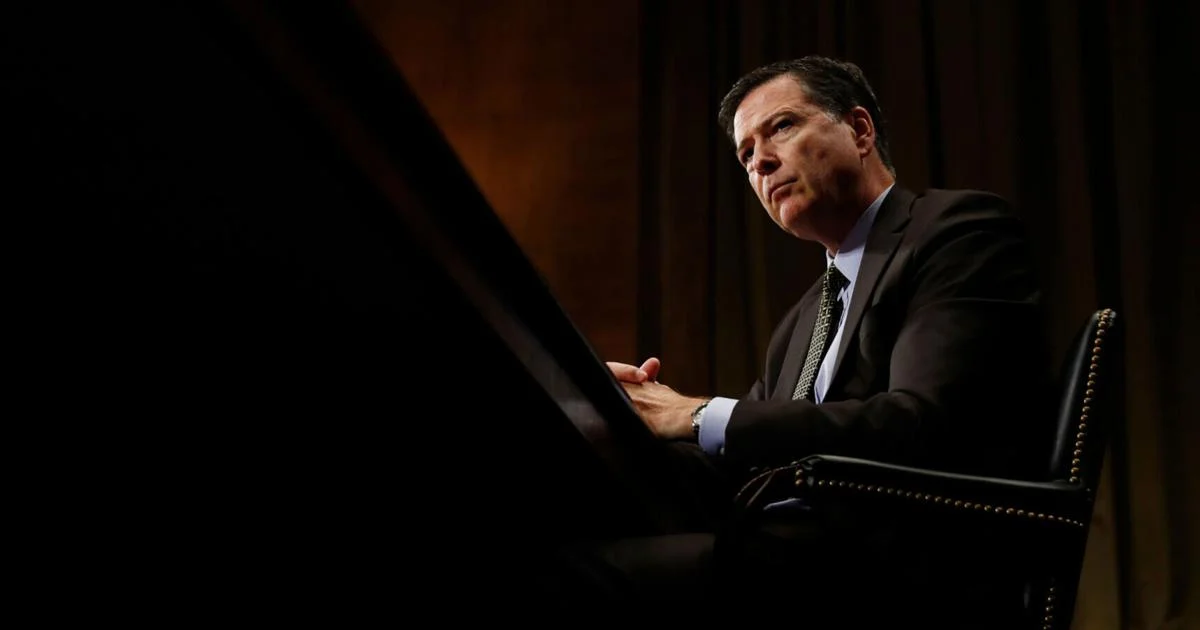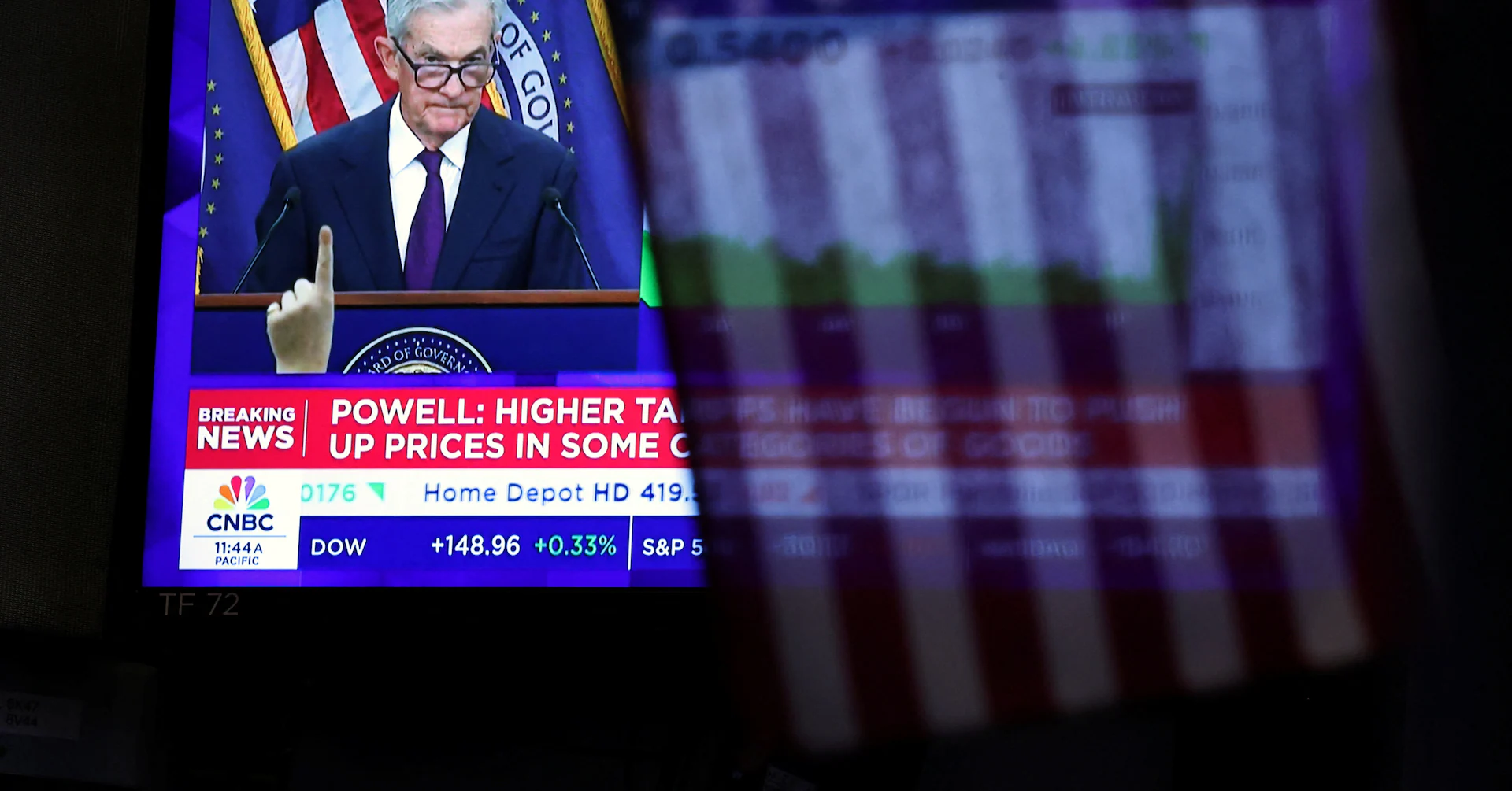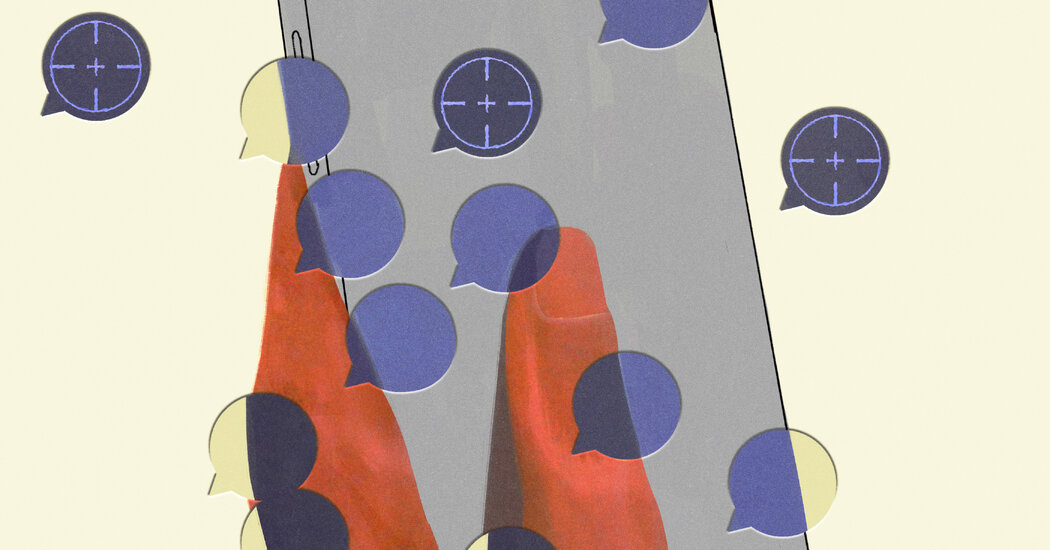By Blake Morrison
Copyright newstatesman

Of three great H-poets (H for heroic) who have died in my lifetime – Ted Hughes, Seamus Heaney and Tony Harrison – two were from Yorkshire. Both kept their local accents but were miles apart. Hughes, a laureate with royalist sympathies, wrote of nature red in touch and claw. Harrison, an anti-laureate republican, wrote of the oppression of the working class. Hughes had little interest in traditional verse forms. Harrison loved to rhyme – wittily, smuttily – and reinvented the 16-line, Meredithian sonnet in northern vernacular.
I got to know Tony after writing in defence of his poem “V.” as Mary Whitehouse and assorted MPs tried to ban Richard Eyre’s Channel Four film version of it. When the National Theatre approached him to adapt Heinrich von Kleist’s play Der zerbrochne Krug (The Cracked Pot as it became) a few years later, he told them “You need a rural Yorkshire poet for that, not an urban – ask Blake Morrison.” At different times we worked with Barrie Rutter, who ran Northern Broadsides theatre and starred in Tony’s play The Trackers of Oxyrhynchus. We’d meet for a grouch and gossip. I was fond of Tony’s company; he was fond of a glass or two of wine.
As well as the stage plays, he wrote verse drama for television, including The Blasphemer’s Banquet, his response to the Rushdie fatwa. But it’s his poems I value most, especially those in The School of Eloquence about his Leeds upbringing and parents. Like Heaney, Harrison felt guilty that education (and the acquisition of Latin and Greek) divided him from his parents: what lay between them was “books, books, books”. In paying respect to his mum and his dad he confronted issues of politics, culture and identity: “I’m guilty, and the way I make it up’s/in poetry.” He grieved and bore grudges, angry on behalf of his father, “The baker’s man that no one will see rise/and England made to feel like some dull oaf”. Heaney talked of making the English lyric eat stuff it hadn’t eaten before. Tony did that with his elegies. It was the poetry of Them and Us.
Keats said that “if poetry comes not as naturally as the leaves to a tree, it had better not come at all”. By contrast, Tony laboured over his poetry and highlighted the effort he put in, with “glottals glugged like poured pop”, a clatter of dialect like a clog dance, and audacious rhymes such as “Xenophon” with “owt on”, as in a barber asking a customer whether he wants gel on his hair. His job was to break “the silence of the worked-out gob”, to honour his exploited tribe. “Can’t you speak/The language that yer mam spoke” his skinhead Doppelganger demands of him in “V.” He does speak it. He can’t escape it. It’s where he lives: “Words and wordlessness. Between the two.”
Harrison’s work ethic was extraordinary. The scrapbooks he put together while mulling over ideas are works of art, and so were his typed-rather-than-handwritten postcards. “I try to make connections where I can,” he said. And he did so, brilliantly, anticipating the “dreadful schism in the British nation” and racist belligerence we’re stuck with now (“It won’t be long before ahm t’only White!”, “All turbans round here, now, forget flat caps”). He’s the people’s poet that too few people know about. I hope Channel Four show the film of “V” again as a tribute and that his Collected Poems become a bestseller. We’re missing you already, Tony.
[Further reading: Robert Redford made heartbreak look like love]



